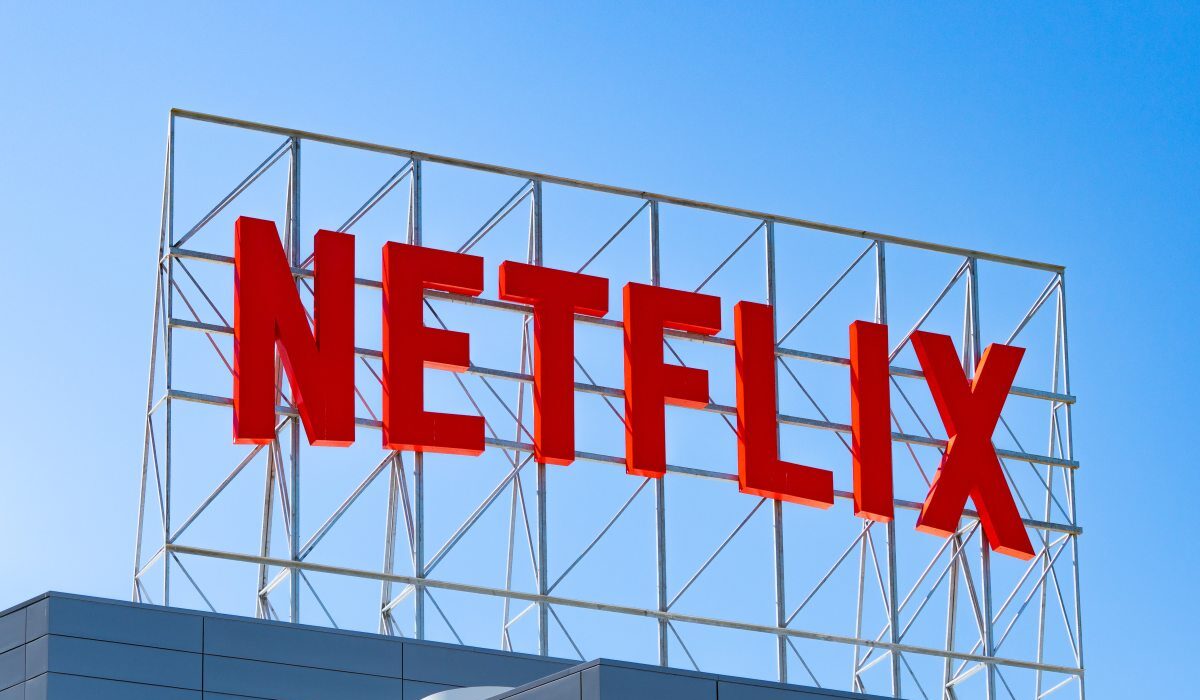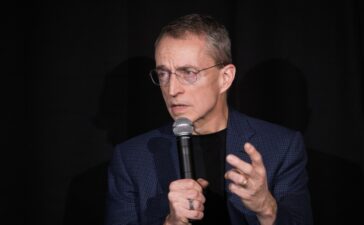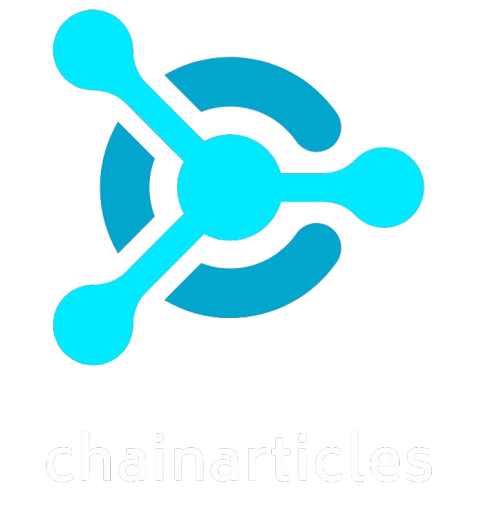As the entertainment industry reckons with when and how to use generative AI in filmmaking, Netflix is leaning in. In its quarterly earnings report released on Tuesday afternoon, Netflix wrote in its letter to investors that it is “very well positioned to effectively leverage ongoing advances in AI.”
Netflix isn’t planning to use generative AI as the backbone of its content but believes the technology has potential as a tool to make creatives more efficient.
“It takes a great artist to make something great,” Netflix CEO Ted Sarandos said on Tuesday’s earnings call. “AI can give creatives better tools to enhance their overall TV/movie experience for our members, but it doesn’t automatically make you a great storyteller if you’re not.”
Earlier this year, Netflix said it used generative AI in final footage for the first time in the Argentine show “The Eternaut” to create a scene of a building collapsing. Since then, the filmmakers behind “Happy Gilmore 2” used generative AI to make characters look younger in the film’s opening scene, while the producers of “Billionaires’ Bunker” used the technology as a pre-production tool to envision wardrobe and set design.
“We’re confident that AI is going to help us and help our creative partners tell stories better, faster, and in new ways,” Sarandos said. “We’re all in on that, but we’re not chasing novelty for novelty’s sake here.”
AI has been a contentious topic in the entertainment industry, as artists worry that LLM-powered tools that non-consensually used their work as training data have the potential to negatively impact their jobs.
With Netflix as a bellwether, it seems that studios are more likely to use generative AI for special effects rather than to replace the role of actors — even if an AI actor recently caused an uproar among Hollywood actors, despite not yet booking any gigs (that we know of). These behind-the-scenes AI uses still have the potential to impact visual effects jobs, however.
Techcrunch event
San Francisco
|
October 27-29, 2025
These debates recently escalated when ChatGPT-maker OpenAI unveiled its Sora 2 audio and video generation model, which was released without guardrails that prevent users from generating videos of some actors and historical figures. Just this week, the Hollywood trade organization SAG-AFTRA and actor Bryan Cranston urged OpenAI to institute stronger guardrails against deepfaking actors like Cranston himself.
When an investor asked Sarandos about the impact of Sora on Netflix, he said that it “starts to make sense” that content creators could be impacted, but he’s less worried about the movie and TV business — or so he tells investors.
“We’re not worried about AI replacing creativity,” he said.
Netflix’s quarterly revenue grew 17% year-over-year to $11.5 billion, though this fell below the company’s forecast.





